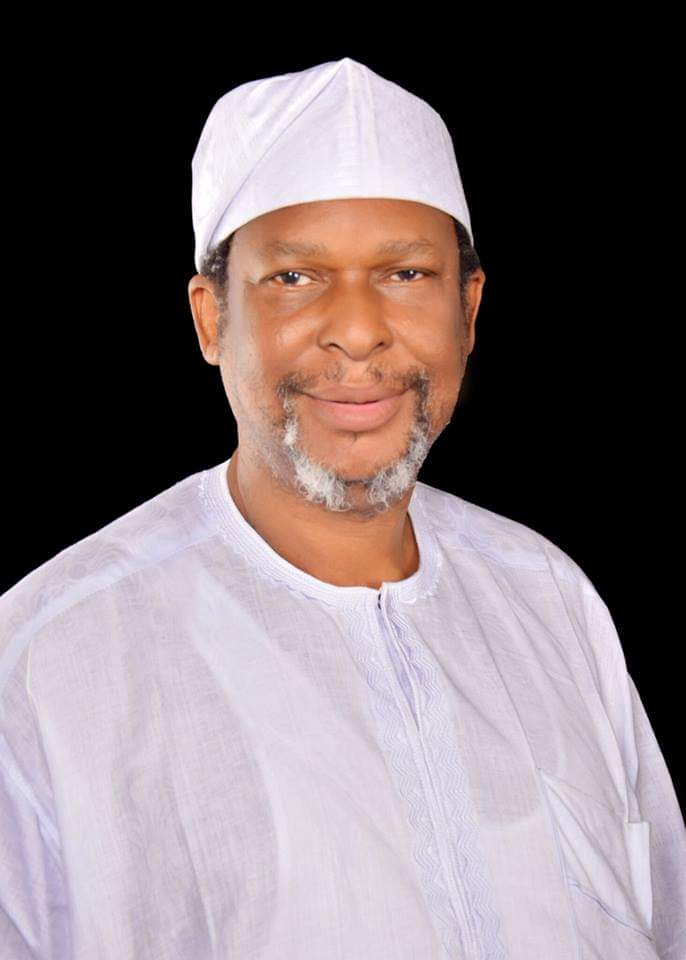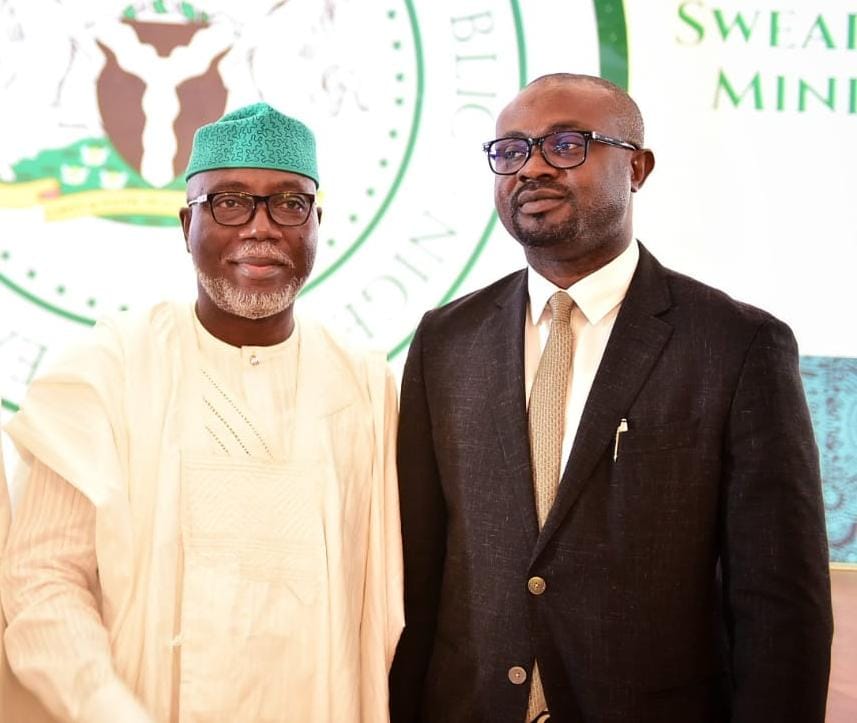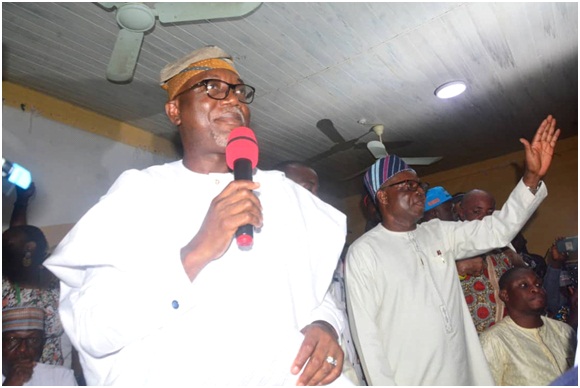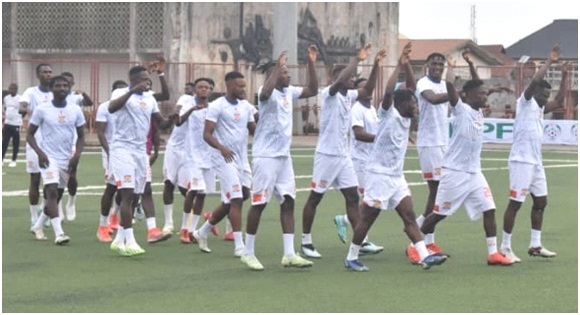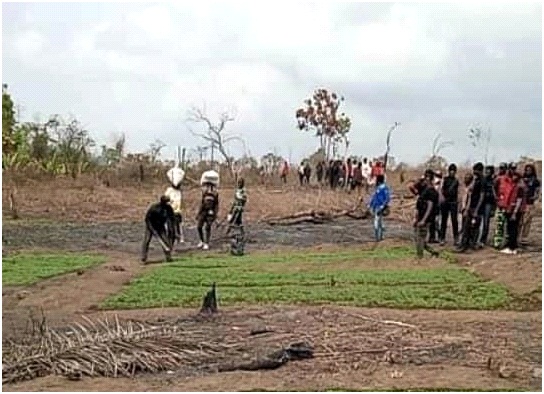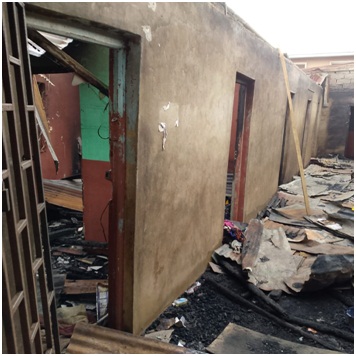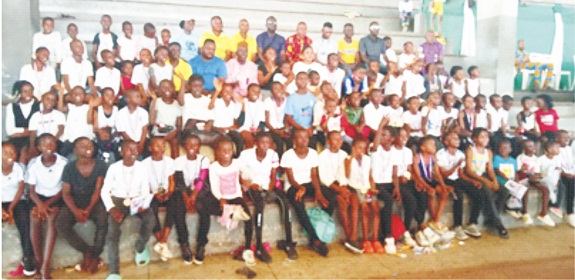Nigeria and out-of-school children
By Adedotun Ajayi
According to Malcolm X, an African-American human rights activist said “education is the passport to the future, for tomorrow belongs to those who prepare for it today.”
In Nigeria, expectations of raising future leaders are growing faint; Nigeria’s out-of-school children are estimated at 18.5 million, according to the United Nations Children’s Emergency Fund (UNICEF). The figure is a sharp rise from 10.5 million recorded in 2021 and also 11million recorded in 2020 by the World Bank. According to UNICEF and other sources, Nigeria’s out-of-school children statistics are fuelled by northeast terrorism, banditry in the northwest and northcentral regions, incessant sit-at-home orders and attacks on non-compliant residents in the southeast.
Neglecting the education of the present generation of Nigerians would, in many ways, endanger the prosperity of the future. Educating young people today will determine how much progress we make as a country, going into the future. It is evident that with the neglect or near-total collapse of education in Nigeria, the future of our society is uncertain or may be gloomy.
As the crisis in the education sector deepens, the attention of our political leaders is fastened upon elections and politics. While elections and politics are essential and must receive due attention, they however should not detract attention from the education sector, which is undergoing decay and needs urgent and immediate attention.
It is disturbing to note that the generation that had good government-funded basic education in the ’80s and ’90s is struggling to function productively nowadays; how much more will the children of this generation with poor education or no education, in some cases, become productive at all. The irony is on all of us.
Reacting to this, Ibukun Adewa, a retired Lecturer said the government poorly funds most government schools, and sometimes owe teachers’ salaries. Most government schools in Nigeria are overcrowded and always attended by children from poor backgrounds whose parents cannot afford the prohibitive costs of private primary and secondary education.
“The only thing that would have bridged the gap between the poor and the rich is quality education, once a poor man’s child can’t get quality education, you know the implication already, poverty might not leave their linage.
Another thing is that many schools are vulnerable to attacks by non-state armed groups. Many withdraw their children from school due to attacks here and there. The continuity of these security challenges and their implications on safe schooling is telling” he noted.
According to Smart Ohunayo, student adviser in a university, said if the younger population are denied educational opportunities, it will affect their self-development, productivity, self-reliance and vulnerabilities. Given the proliferation of non-state armed groups, recruits are needed to fill up their rank and file. Hence, out-of-school, unskilled and unproductive demographics are vulnerable to the antics of violent entrepreneurs.
“Nigeria must develop a new form of educational services. Education remains a critical tool for human capital development and the economic growth of a country,” he added.
Khalid Okunade, a legal practitioner said in Nigeria today, children are one of the major losers in the era of increasing security threats, when you look at it from the angle of insecurity, according to statistics over 1,500 students were kidnapped in just 2021, especially in the northwest and northcentral zones, people have given up on education already, now children over there are enslaved, forced into marriages, recruitment and used as child soldiers by these terrors.
“Now is the time that communities, caregivers, teachers and other school management staff should undergo security awareness and emergency preparedness training to identify and react to security threats. The training, which security experts will administer, should involve tactical strategies to evaluate and escalate security threats, People need to be involved to assist these schools build up their capacities so that they can increase the level of intakes to reduce the level of illiteracy in the country”
“Meaningful development cannot happen in the absence of peace and stability. Managing conflict in Nigeria will help the government and development partners’ effort toward development assistance across the nation. Unaddressed out-of-school children will create new problems for the country in future” he noted
Oludare Abayomi, a serial entrepreneur said the education sector crisis has been made worse by the intractable insecurity in various parts of Nigeria, the girl- child education inequity, and poverty that has made quality education unaffordable to many Nigerians. There is total loss of confidence by stakeholders in our education system. The biggest challenge we face as a country is not about the challenges of today but a bleak future staring at the country’s economy.”
“Our education sector needs quantum overhaul that targets educational outcomes. We need improvement starting from primary education, where we see many children out of school. Secondary education where we see declining standards and low attainment in national exams like the National Examination Council, NECO and WAEC.
The complete collapse of the higher education sector, where workers have incessant strike actions, leading to half-baked graduates who are grossly untrainable and unemployable, needs immediate attention. The whole education system needs urgent response” he said.

